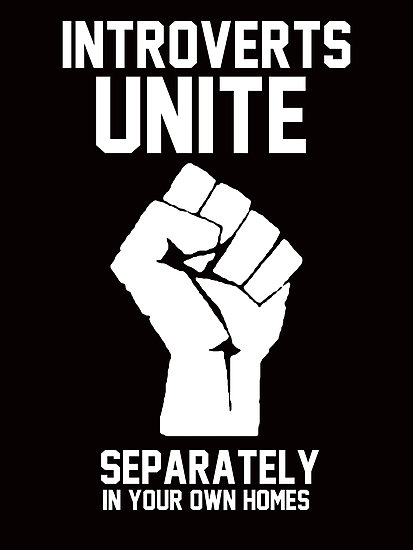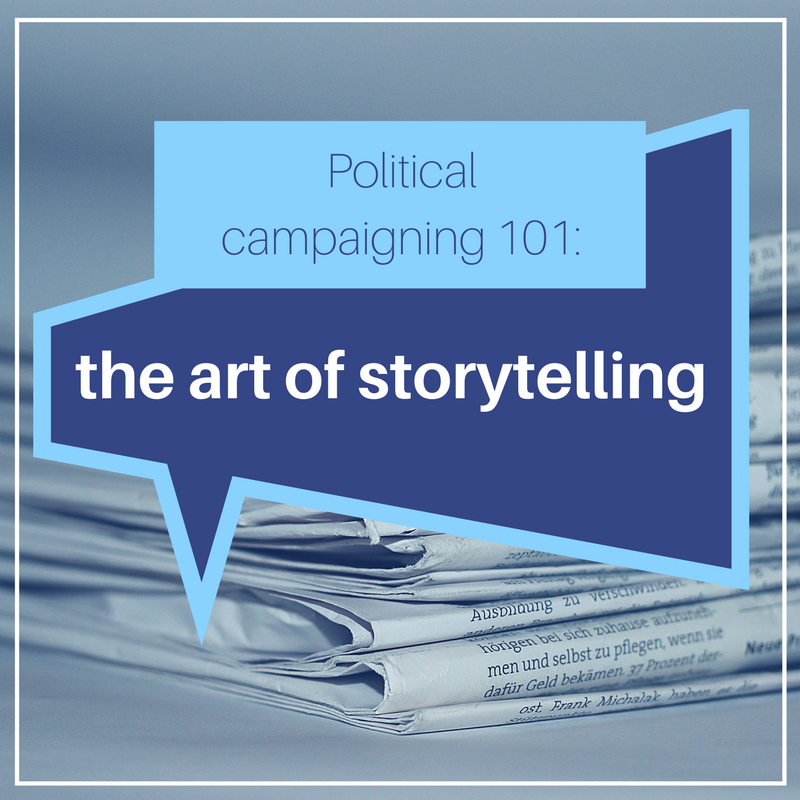Anastasia Smallwood
Most of the time I do a great job of pretending to be an extrovert. I’m social when I need to be, I leave my house often, and I volunteer with the best of them. Because of this, most are surprised when I disclose my introverted ways.
For years, I questioned how I was giving people the wrong impression. I was just being me, after all? I can volunteer for a week in a row, plan busy events and more, but afterwards I need a solid few days to be alone. I don’t dislike conversation, but I’d rather not talk about the weather for an entire bus ride. I can go to networking events as I understand their importance in our field, but it takes a lot of time convincing myself to go, and even more time to recover
After some research, it became apparent that many people have a misguided opinion of what being an introvert means. So, let’s dispel some myths!
- Introverts are not necessarily shy, quiet, or afraid of humans.
- Introverts don’t dislike human contact, but rather are drained by too much of it. While an extrovert may become energized by time with friends, co-workers, and strangers an introvert is exhausted by such interactions after a prolonged period.
- We do like human interaction, but prefer it in small doses and in small close-knit groups.
- We’d rather a party with close friends at home than a bar full of unknowns.
- There is a wide spectrum of introversion, just as there are varying levels of extroversion. Those at the middle of the spectrum are called ambiverts.
- Introverts do love to talk; however, we tend to prefer more substantial conversations. Small talk is the worst!
- In large settings, introverts often get tired quickly but we do enjoy ourselves! We often crave space to survey the situation and to interact with familiar faces.
- We are very observant. We notice things happening around us without even realizing it.
- To recharge, we need alone time or time with a select group of individuals. Too much group interaction can exhaust us.
- We internalize a lot of our emotions, but this does not mean those emotions aren’t there. We are just excellent at disguising them!
Being an introvert in a communications field doesn’t have to be a detriment to success. Your introverted ways can actually prove to be a key to success, it’s just about the way you approach it. Here’s how your introversion can help you thrive in the public relations/communications field:
- Introverts are great listeners, which is key to communicating effectively.
- Often careful to act, we make great leaders and understand the strengths of our team members.
- Introverts observe first, react second. This tactful approach is great in team environments and during crises.
- Hiding our emotions, although not great in relationships, make us cool and calm during crises.
- We can work in a variety of environments because we don’t mind being alone.
- We spend a lot of time thinking, so we know ourselves well! This includes our strengths and weaknesses.
Throughout the semester, I will be looking into challenges, resources, and tips offered to introverts in the communications world. Future articles will focus on books to read, how to excel at dreaded networking events, and tools for success.
For now, please ask questions and be sure to share your tips. Introverts unite! (quietly).
Looking for more benefits of being an introvert in public relations? Check out this Symmetry article!





